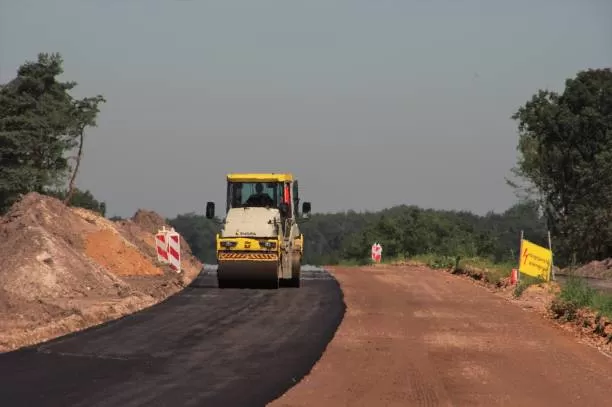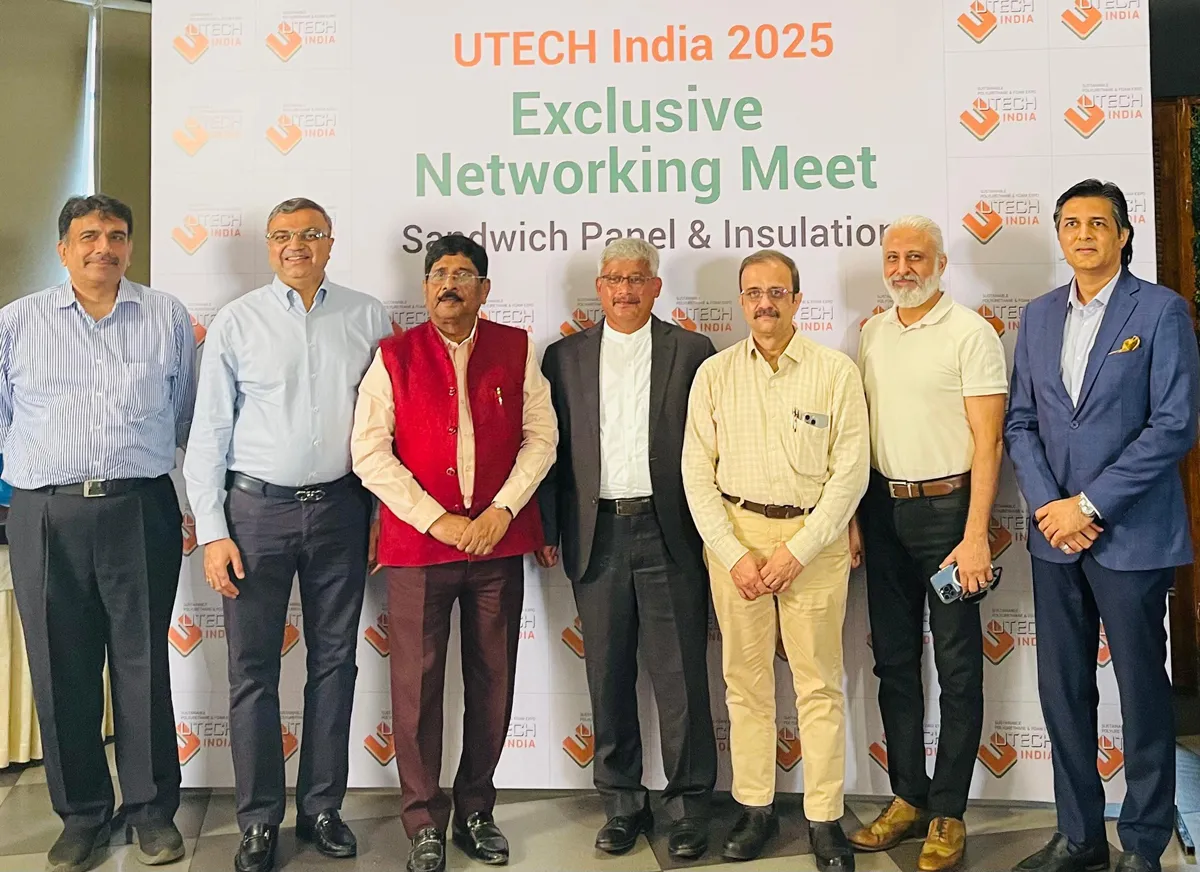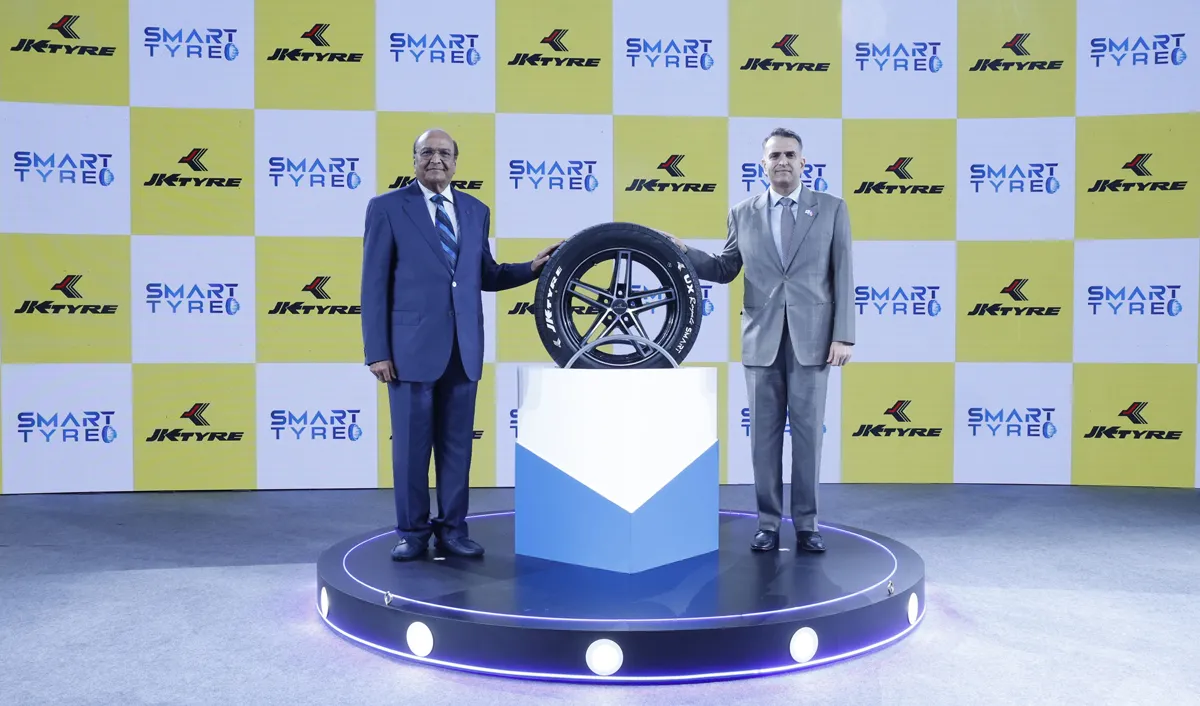

Industry Leaders Seek Policy Push to Boost India’s PU Sector
Mumbai, November 10, 2025 – Industry leaders have urged the government to strengthen policy support and update Bureau of Indian Standards (BIS) norms to enhance global competitiveness in India’s polyurethane (PU) and foam sector. The call came during a Leadership Dialogue held ahead of the 2nd edition of UTECH INDIA – Sustainable Polyurethane & Foam (ISPUF) Expo, scheduled for November 13–15 at the Bombay Exhibition Centre, NESCO, Mumbai. Organised by Crain Communications and Media Fusion, UTECH India is the country’s only dedicated platform for PU, foam, mattresses, and insulation ..

Partner Robotics Secures Series A Funding for Global Expansion
Beijing, November 10, 2025 – Construction robotics startup Partner Robotics has raised an eight-figure RMB sum in a Series A funding round led by China Growth Capital, with participation from Cowin Capital and Redpoint China Ventures. Index Capital acted as financial adviser. Including its earlier angel round, the company has secured roughly RMB 100 million (USD 14 million) in total funding. Founded in 2023 by Kecheng Wang, former CEO of Bright Dream Robotics, the firm aims to advance embodied-intelligence solutions for the global construction sector. The new capital will accelerate R&D, in..

JK Tyre Launches India’s First Embedded Smart Tyres
New Delhi, November 10, 2025 – JK Tyre & Industries has launched India’s first Embedded Smart Tyres for passenger vehicles, marking a major leap in connected and intelligent mobility. Designed and developed in-house at the company’s Banmore facility in Madhya Pradesh, the new range integrates advanced sensors directly into the tyre structure. The embedded sensors continuously monitor parameters such as air pressure, temperature, and potential air leaks, delivering real-time data to enhance safety, performance, and fuel efficiency. Beyond improved driving safety, the tyres are engineered..
















